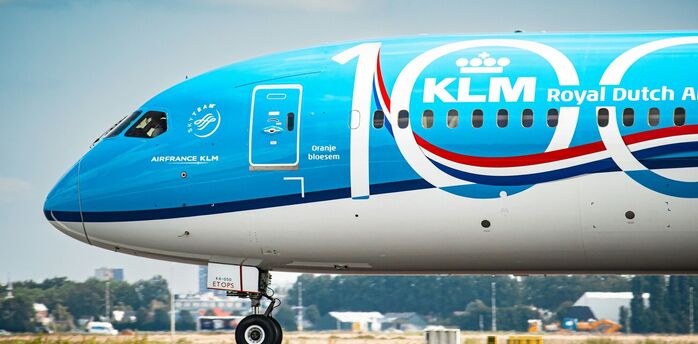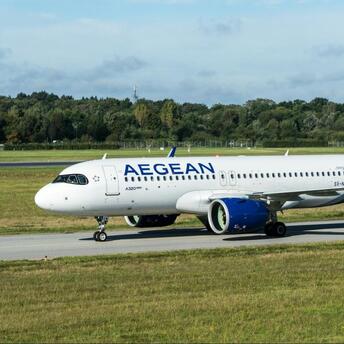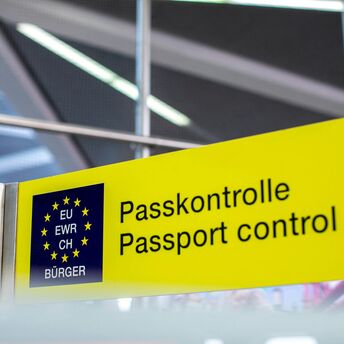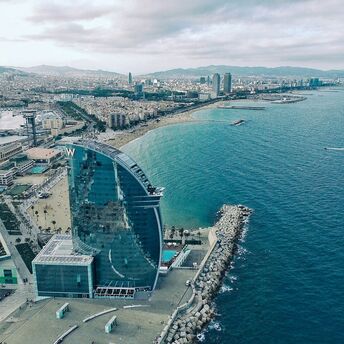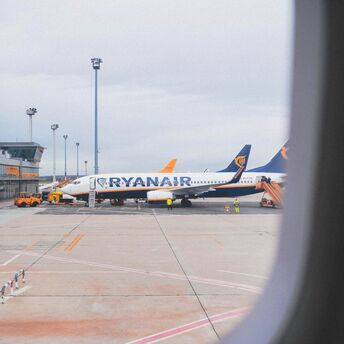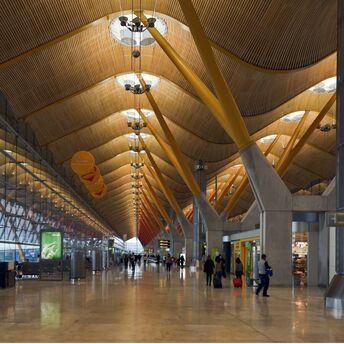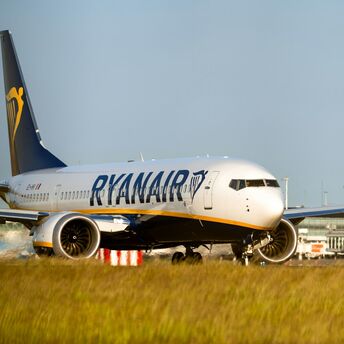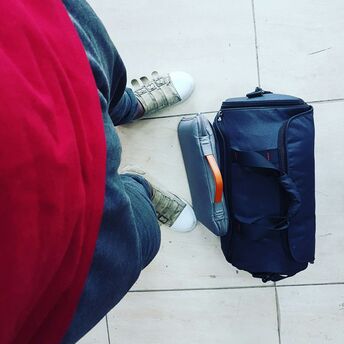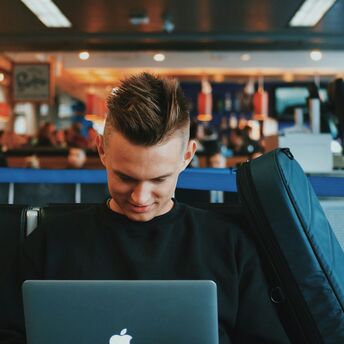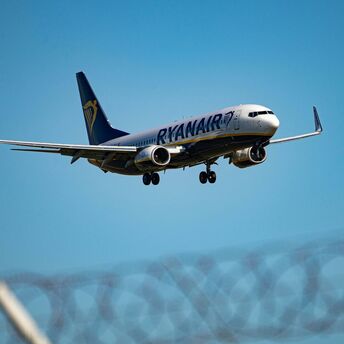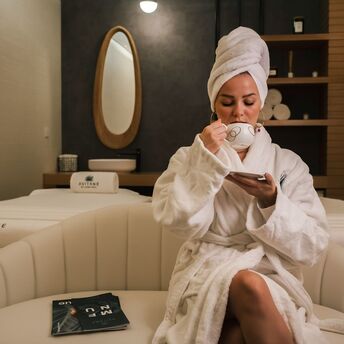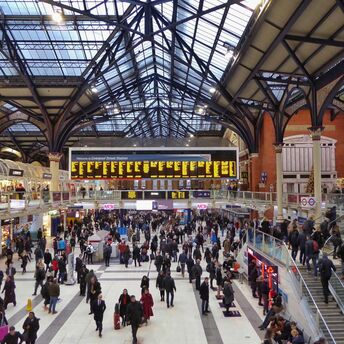How airplane crews discuss passengers: secret codes you didn't know
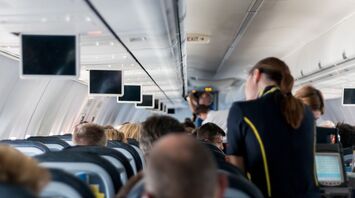
Crew on board, like passengers, sometimes like to gossip. However, it's harder for them to do so because there are hundreds of people around who can hear the flight attendants' discussions. To get out of the situation, aviation industry workers use abbreviations that sometimes do not stand for what tourists might imagine.
For example, the Emirates crew calls a person a VIP, not emphasizing his or her important status, but characterizing him or her as a "Very Irritating Person." A member of the carrier's team told Mail Online about this.
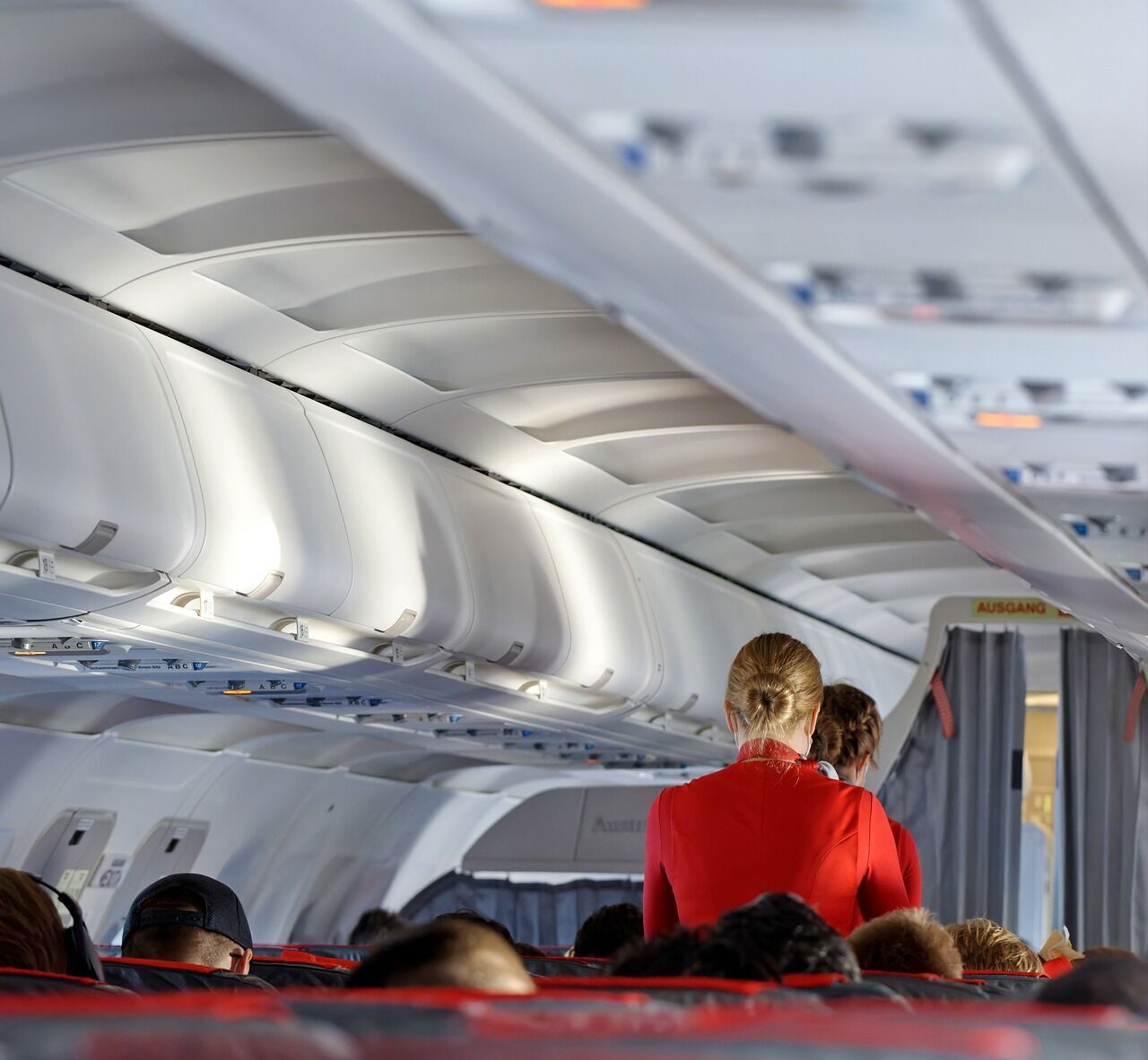
The abbreviation HOB is a compliment from flight attendants. It means "Hotty On Board". It's quite possible that the passenger so characterized has taken a liking to one of the crew members.
ABP stands for "Able Bodied Passenger," which means that the tourist can help the crew in an emergency. Usually these are doctors, strong men or other experts whose help may be needed.
The letters POS literally stand for "Passenger Of Size" and signal that the passenger may need an extended seat belt or more space.
The source continued: "Other common codes you may hear on an airplane are: UM (a child traveling alone), MEDA (a medical case), DPAX (disruptive passenger), DND (Do Not Disturb), EBL (Eat Before Landing) and CIP to indicate that the person is of commercial importance to the airline."


